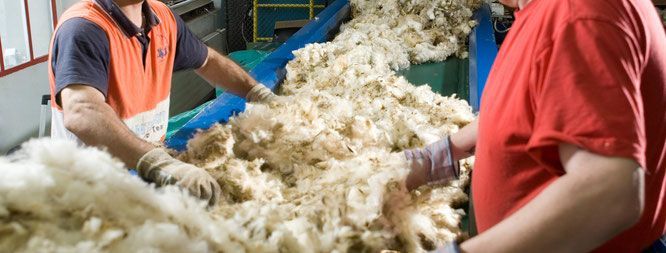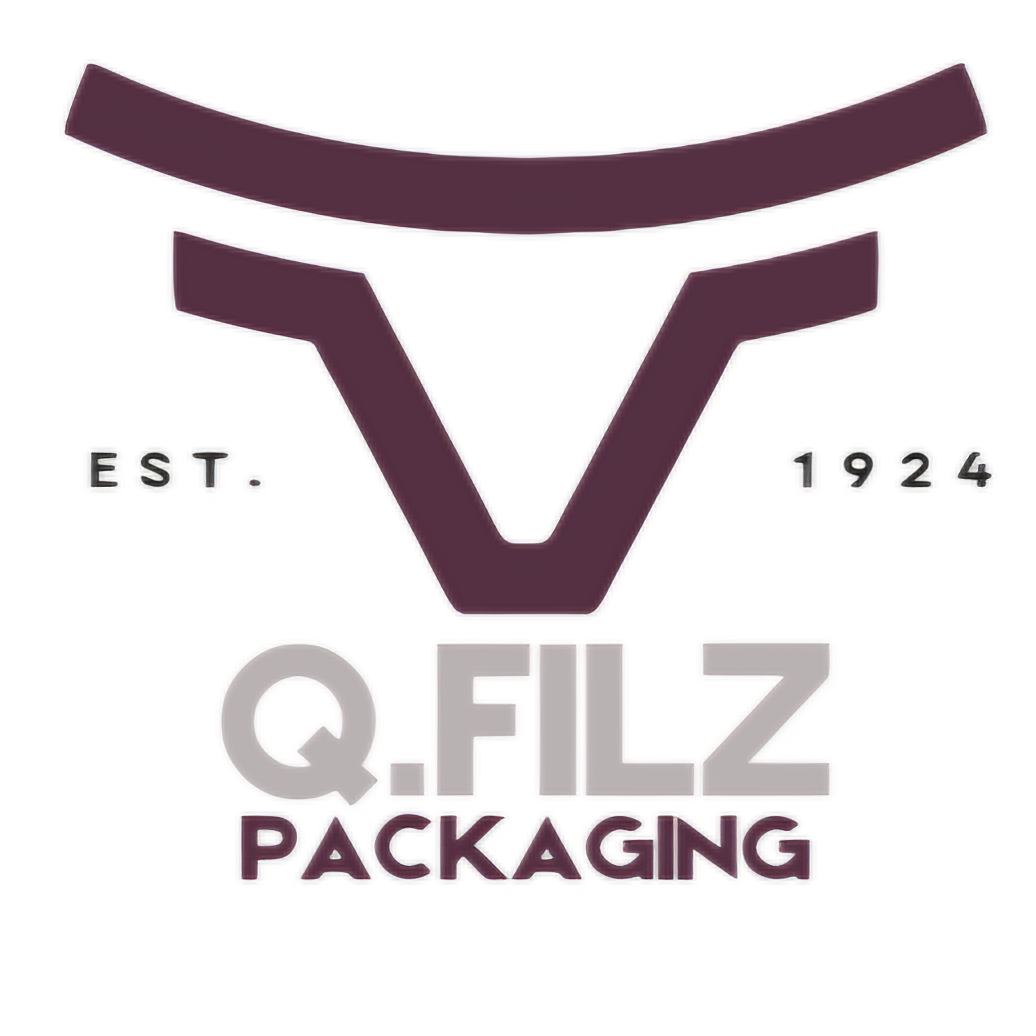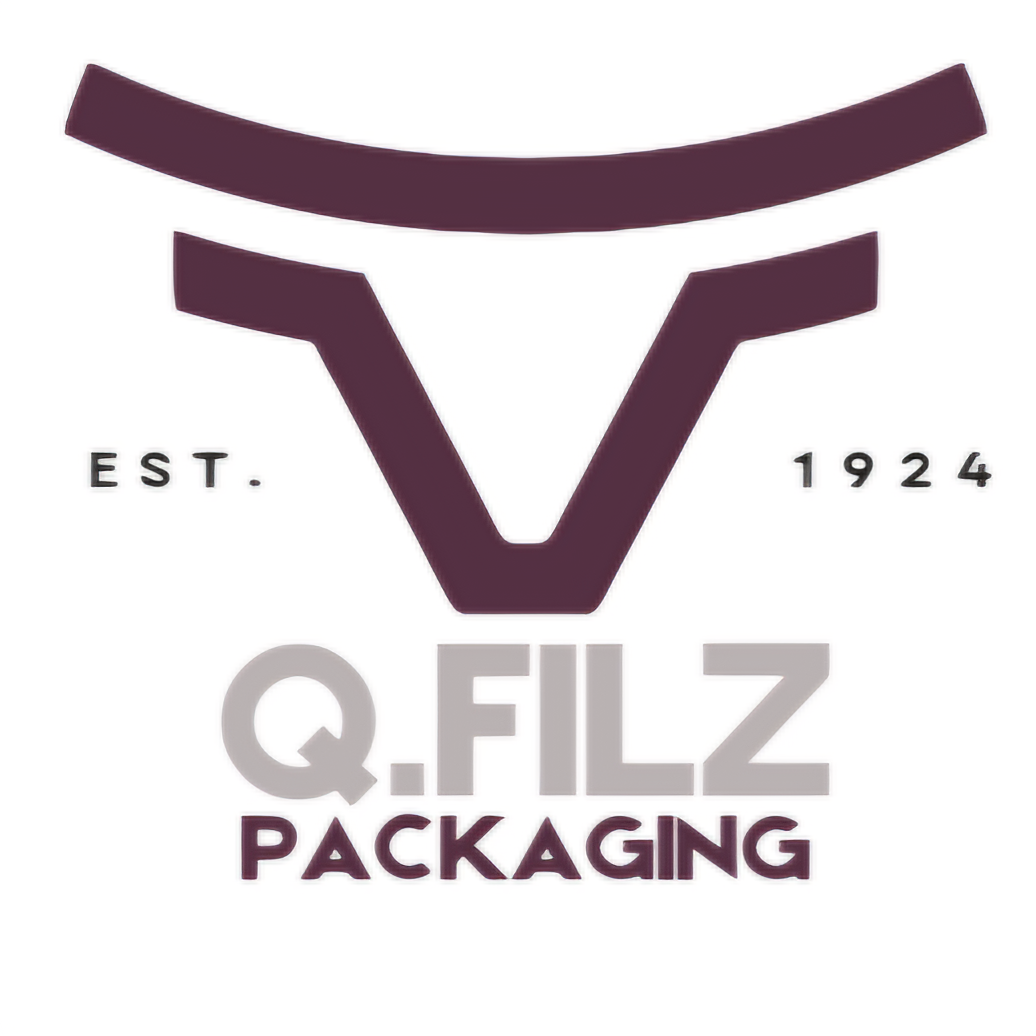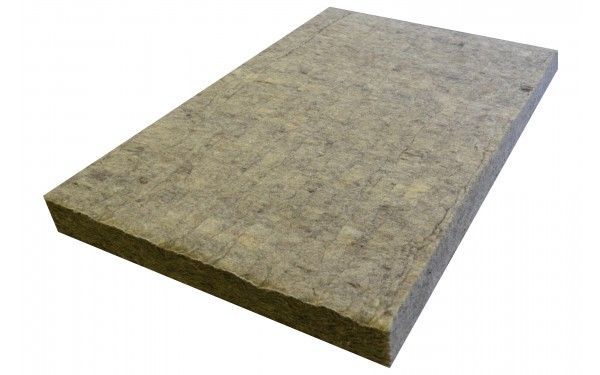Q.Filz, our approach is simple.
We have been addressing the real and pressing global eco-packaging issue facing society for over a decade: the need to develop packaging that is environmentally and socially responsible, yet economically effective. We don't believe that sustainable packaging is just about ticking boxes to meet a broader 'green' agenda. It's not about logos and slogans.
It's not about setting unattainable idealistic goals or reacting too quickly to a complex problem. Nor are we convinced that protecting the environment leads to higher costs and rising prices for the consumer. For us, sustainability means creating environmentally friendly packaging that actually offers concrete, positive solutions - not just for our customers and consumers, but for society as a whole.
It's about focusing on a long-term strategy for the future. Key to this ethic is our belief that, in order to protect nature, eco-packaging can use natural materials to replace the man-made, single-use products that so often end up in landfill.
Natural solution.
Definitions vary. For some, it's about maintaining an ecological balance, for others, it's about protecting natural resources. Concerns about recycling, landfills and renewable energy add fuel to the debate. Like "green" and "environmentally friendly," sustainability is in danger of becoming just another vague eco-term whose true meaning is lost in the ever-changing green agenda.
This natural material is wool.
- Wool is a natural, intelligent fibre that is an excellent and cost-effective alternative to polystyrene and polyethylene foam, enabling truly environmentally friendly packaging.
- Wool is an abundant natural material and a byproduct of sheep farming.
- Wool is fully compostable and a completely biodegradable packaging that releases valuable nitrates back into the soil.
- The organic fibers of wool are broken down by seawater much faster than the artificial microfibers and plastics that pollute our oceans.
- Wool insulates so well that sustainable packaging can be made smaller and costs less to produce.
- Q.Filz's environmentally friendly packaging takes up less space and weighs less than other solutions.
- Q.Filz's environmentally friendly packaging reduces transport and logistics costs and reduces the carbon footprint caused by delivery.








